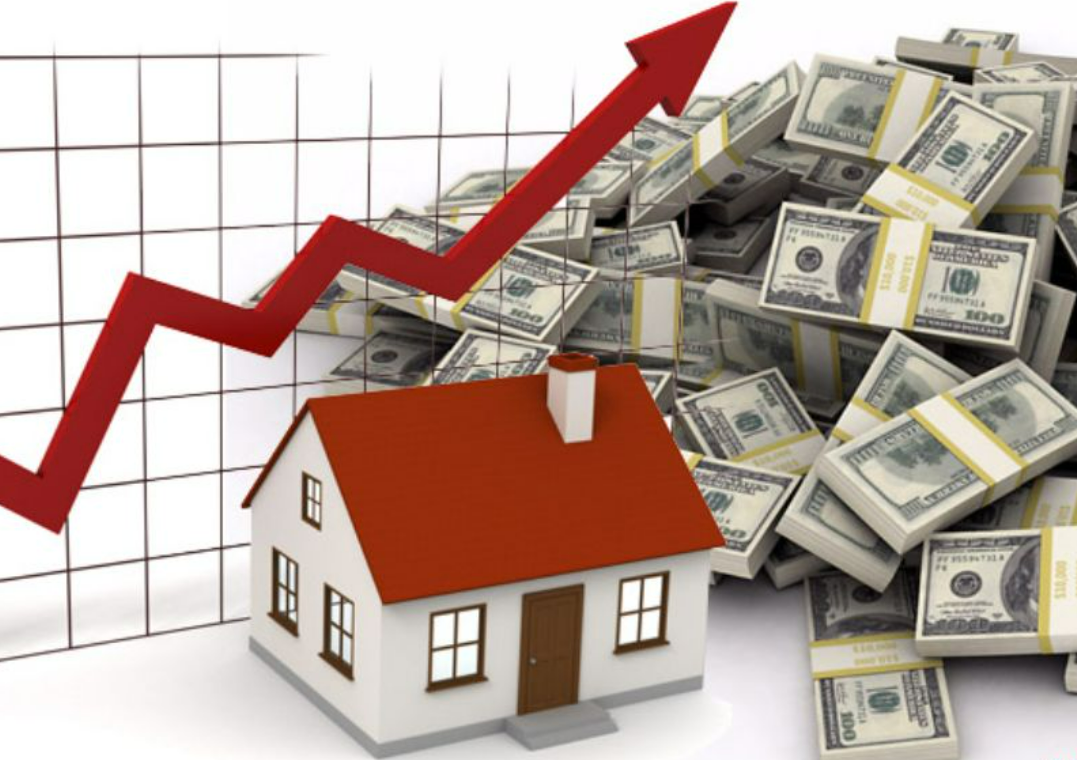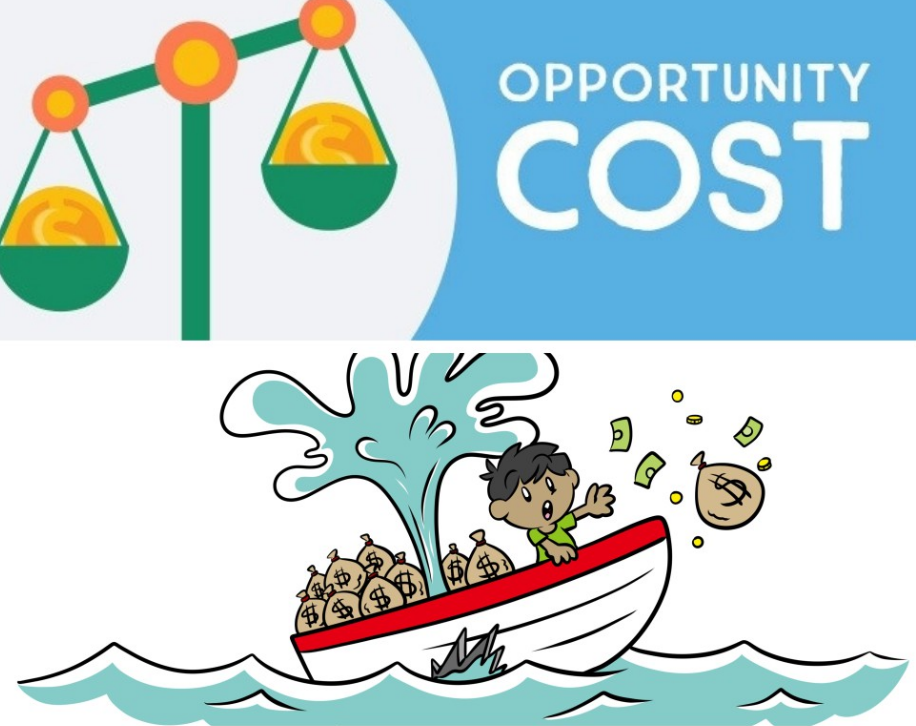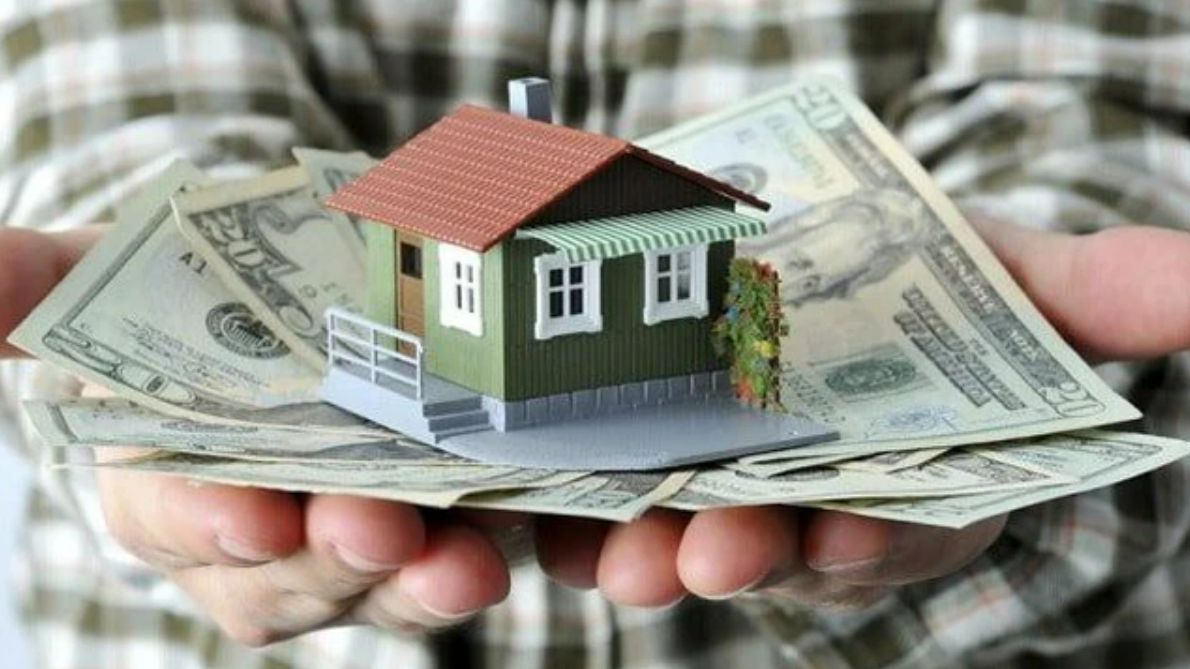We grew up with a very common teaching from our grandparents that is: once we have stable housing, we will have a career. We can only develop our family and career when we have a stable place to live, and this teaching is deeply ingrained in our thinking. We go to school, then graduate, get a job, accumulate a little money, and when we have just enough to make a down payment on a house, we immediately start borrowing to own a home. We buy houses for many reasons, most of which is to stabilize our living situation, with the belief that once we have stable housing, we will have a career. But we forget that the teachings of our grandparents were formed a long time ago; they may not be wrong, but they only fit the circumstances and economic conditions of the past. We forget to ask the question: are these teachings still valid or relevant in today's modern society?
In our grandparents' time, they did not have the concept of borrowing to buy a house. Usually, the place of residence in their teachings was a thatched house on some piece of land, possibly inherited from parents. To have a stable place like that, we could work hard and accumulate wealth. Back then, our grandparents did not have the concept of only needing to put down 20% of the principal, with the remaining 80% borrowed from the bank. That is why they came up with such teachings, and we blindly followed them without questioning their relevance.
Reflecting on Personal Journey

Personally, I have also gone through similar phases. When I first stepped into the working world, after a few years of saving just enough money to qualify for a loan, I hurriedly bought an apartment. I still remember it was an apartment near Binh Trieu Bridge. The result was a series of stressful days, constantly worrying about paying the bank every month. Whatever I earned went almost entirely to paying interest and principal to the bank, leaving me with no room to maneuver. Eventually, I could no longer bear it and had to sell that apartment. That story is now nearly 20 years old. Looking back at all the journeys I have gone through, from those struggling days to renting, and now that I can say I have a bit of surplus and own some real estate, I have come to a conclusion that I wish someone had told me earlier: when we are still young, we should not go down the path of buying and owning a house.
And the story I just shared is not just my personal story or unique to Vietnam. Observing later, it is not only in Vietnam but also in Western countries, young people, after accumulating a little money, often have a minimum amount to qualify for a home loan in countries like Australia and the US, which is usually around 10% to 20%, and in some cases, only 5% is needed. However, this also means that we have to borrow 80% or 90% of the house's value, or even more. This means that almost immediately after stepping into the working world, we choose to carry a huge debt on our shoulders for a very long time, usually from 20 to 30 years. When we buy our first house this way, our journey typically starts around the age of 25 to 30, and we end up carrying a debt for 20 to 30 years, meaning we might only finish paying it off around 50 to 60 years old, or if we are lucky, by 40 or 45.
This means we have inadvertently pushed almost our entire life into a fixed formula: working, receiving a salary, paying off debt, and continuing that cycle, leaving us with no financial space to maneuver. If our job is not suitable or good, we do not dare to quit, and when opportunities arise, we do not dare to seize them, which eliminates all chances for personal development. This is precisely the type of opportunity cost that we often overlook.
Opportunity Cost

In this section, I will explain a bit more about opportunity cost. Imagine that instead of diving headfirst into buying a house and carrying a huge debt, we look back at the root of our needs in this young stage. At that time, we really only need a place to stay, simply put, a shelter from the rain and sun. If anyone is lucky enough to work near their family, they can take advantage of living with their parents. Our society is different from Western societies; in Western countries, when one turns 18, it is almost a given that they must live independently. In our Eastern society, parents always have a protective spirit towards their children, and sometimes even if we want to live independently, our parents may not allow it. So why not take advantage of living with our parents? It will save us a lot of housing costs. It is true that living with parents means we lose some freedom.
But besides the financial aspect, meaning we save on rent, there is also the emotional aspect. Parents will eventually grow old and pass away, and when we lose them, we will understand how precious those days living with them were. Therefore, when we are young, especially when we are single and do not have a family, we should take advantage of living with our parents, which is about emotional and spiritual aspects. Returning to the financial story, living with parents means we have almost completely eliminated housing costs, which are always among the largest expenses. Thus, all the income we have at that time can be saved entirely, and from these savings, we can open up many opportunities for personal development. This picture is completely different from the stressful picture of working just to pay off bank debts, where the remaining money is barely enough for basic needs, leaving us with little to no savings.
In such cases, people often comfort themselves by saying that the house is their savings. But at that time, they forget that the house does not actually belong to them; it belongs to the bank. When you buy a house this way, the only time you see the house documents is at the signing stage, and right after that, the bank keeps the documents. Of course, we can still sell the house if needed, but it is not always easy to sell. There are times, like the current market downturn, when selling a house is very difficult. Some properties are listed for months without selling, and to sell easily, one must sell at a loss. This inadvertently makes the idea of a house as an investment asset meaningless.
From my personal perspective on buying a house, I do not oppose using real estate as an investment channel; on the contrary, I own quite a bit of real estate myself. However, that is when I am in the later stage of today's story, when I am financially stable and have basically mastered the game. Looking back at my 20s or early 20s, when I had nothing in hand, I believe it is not the stage where we should think about owning a house. We should not burden ourselves with a 20 or 30-year commitment, forcing us to live a life according to a formula set by banks. Instead, we should focus on personal development, accumulating wealth, and knowledge, and then invest. When we have enough money, we can buy any house we want. That is a sincere piece of advice I wish someone had given me earlier in my youth.
